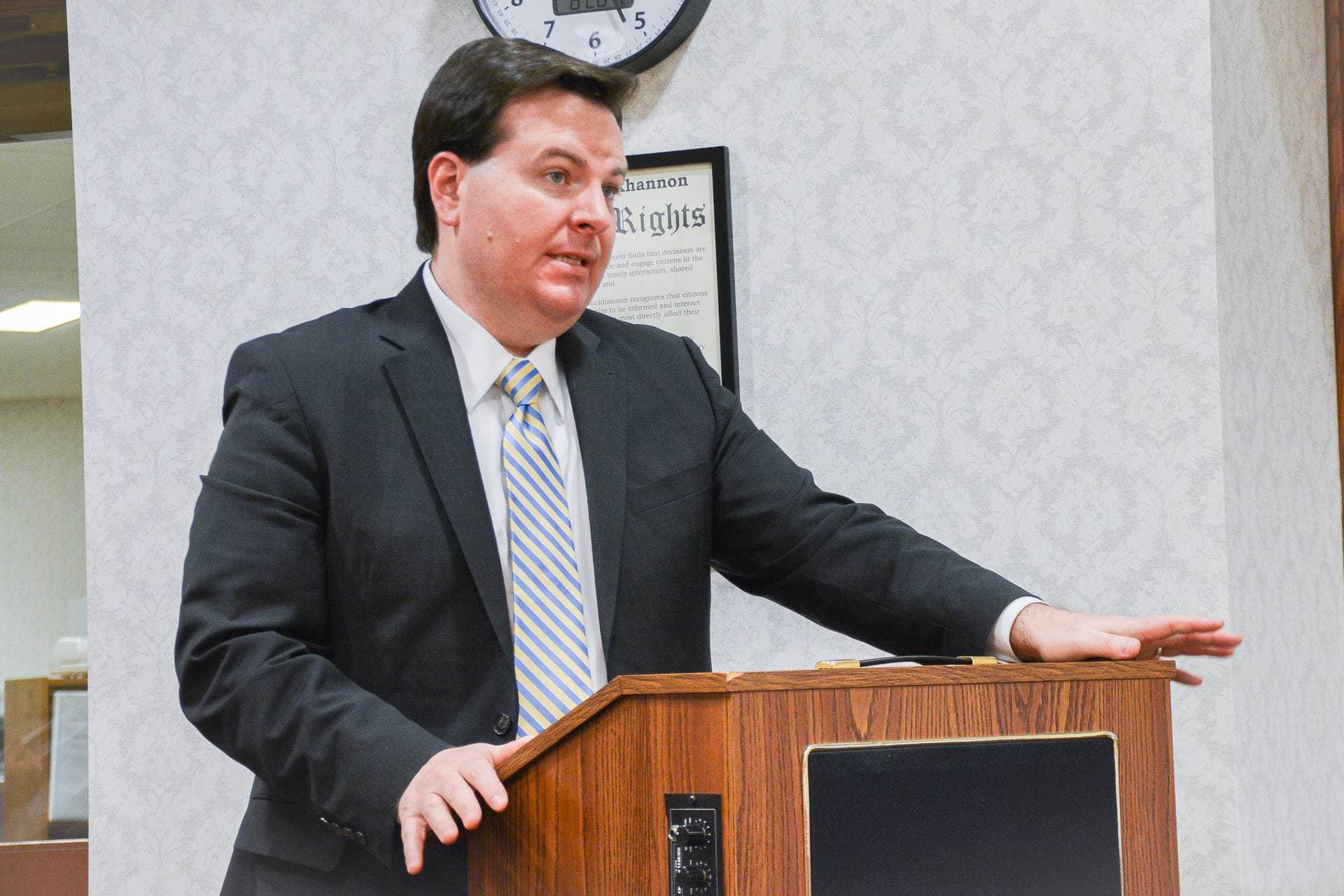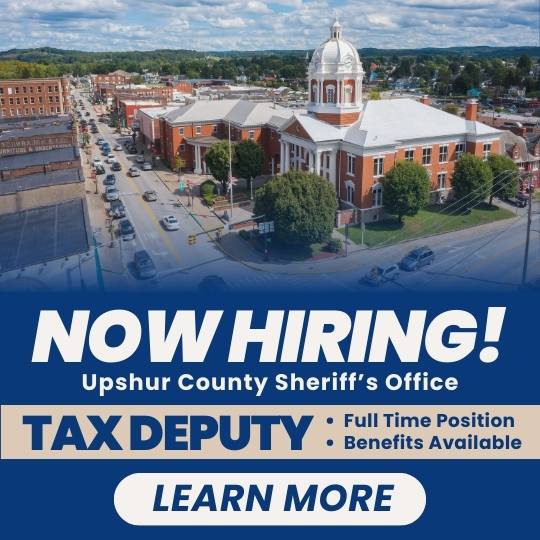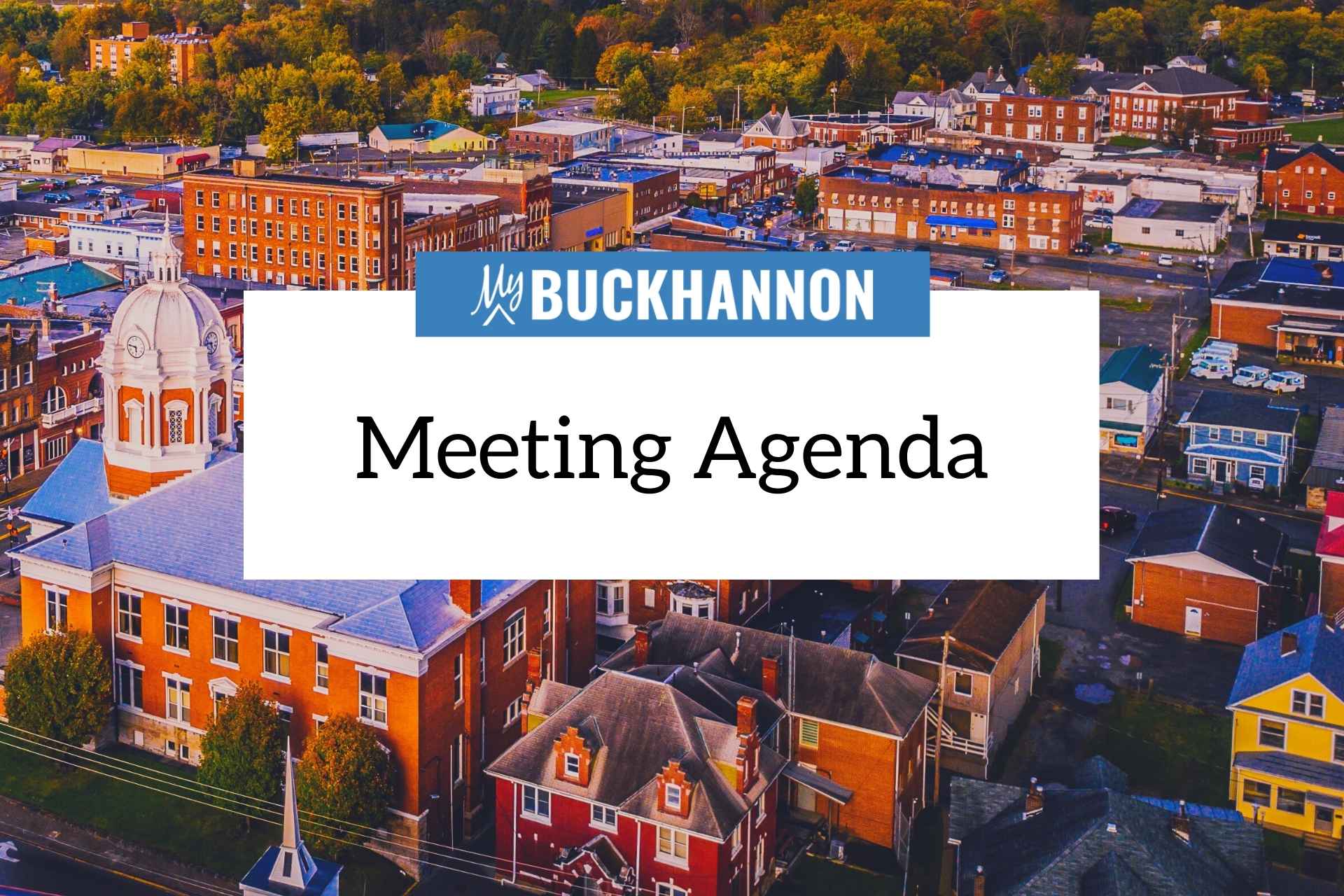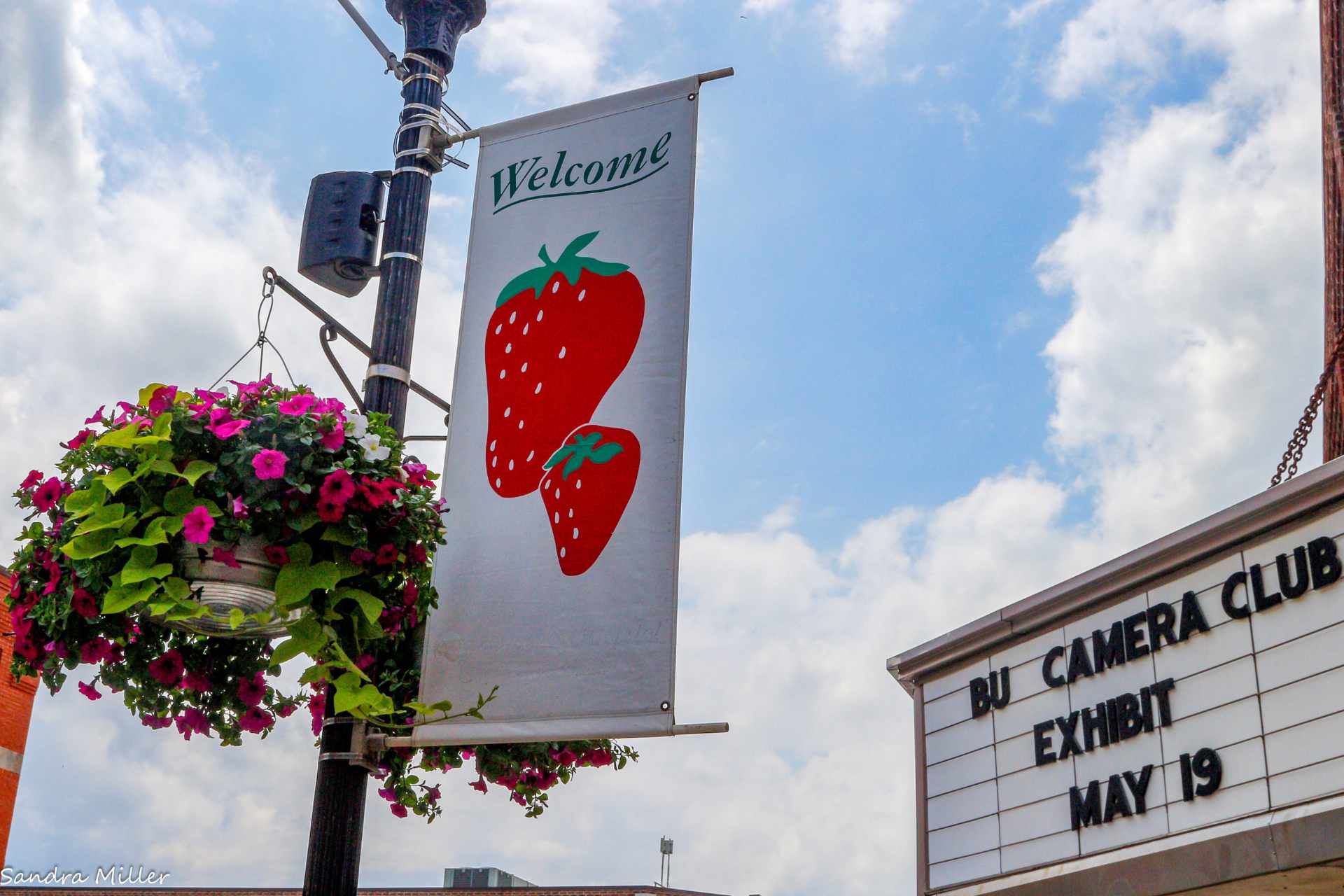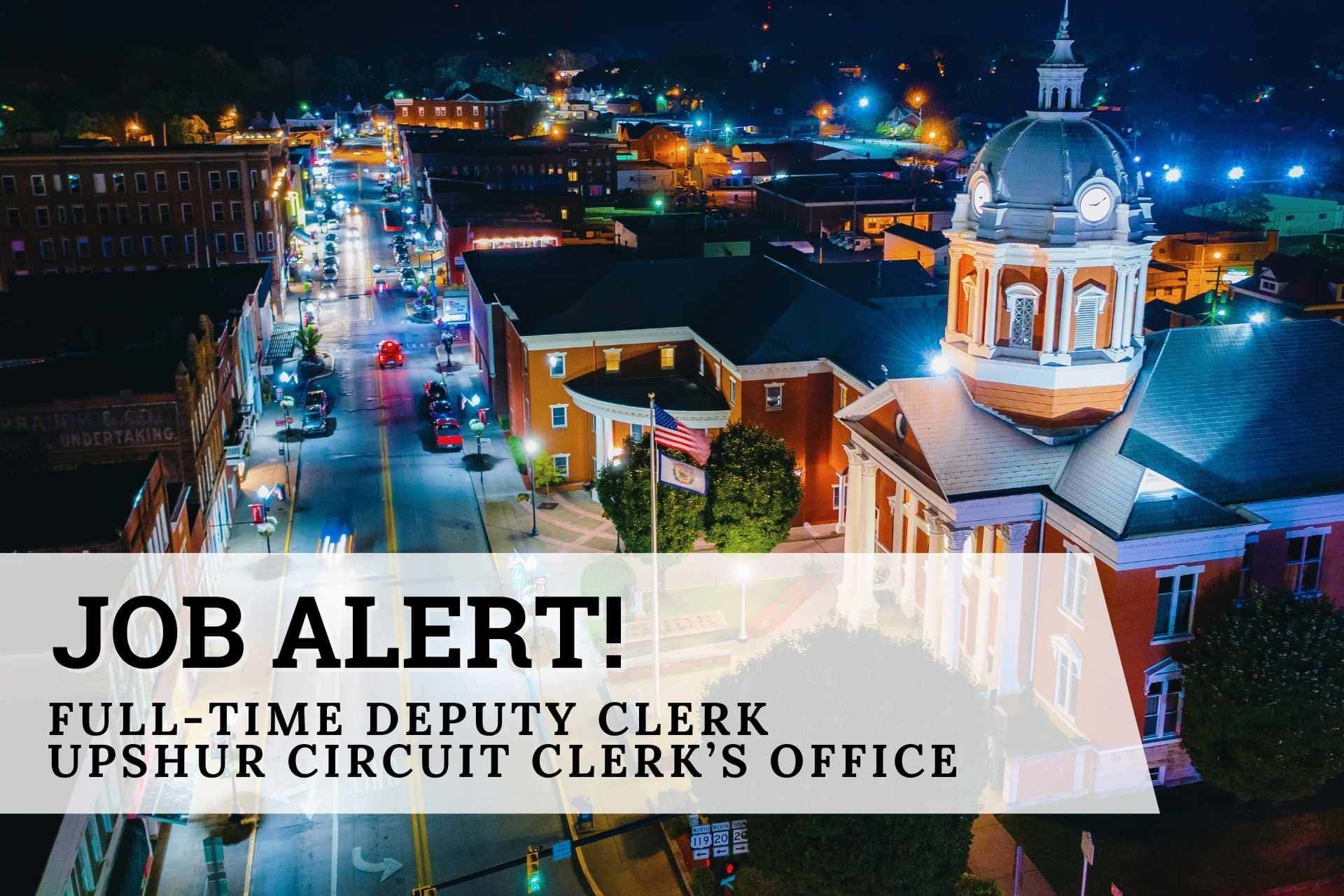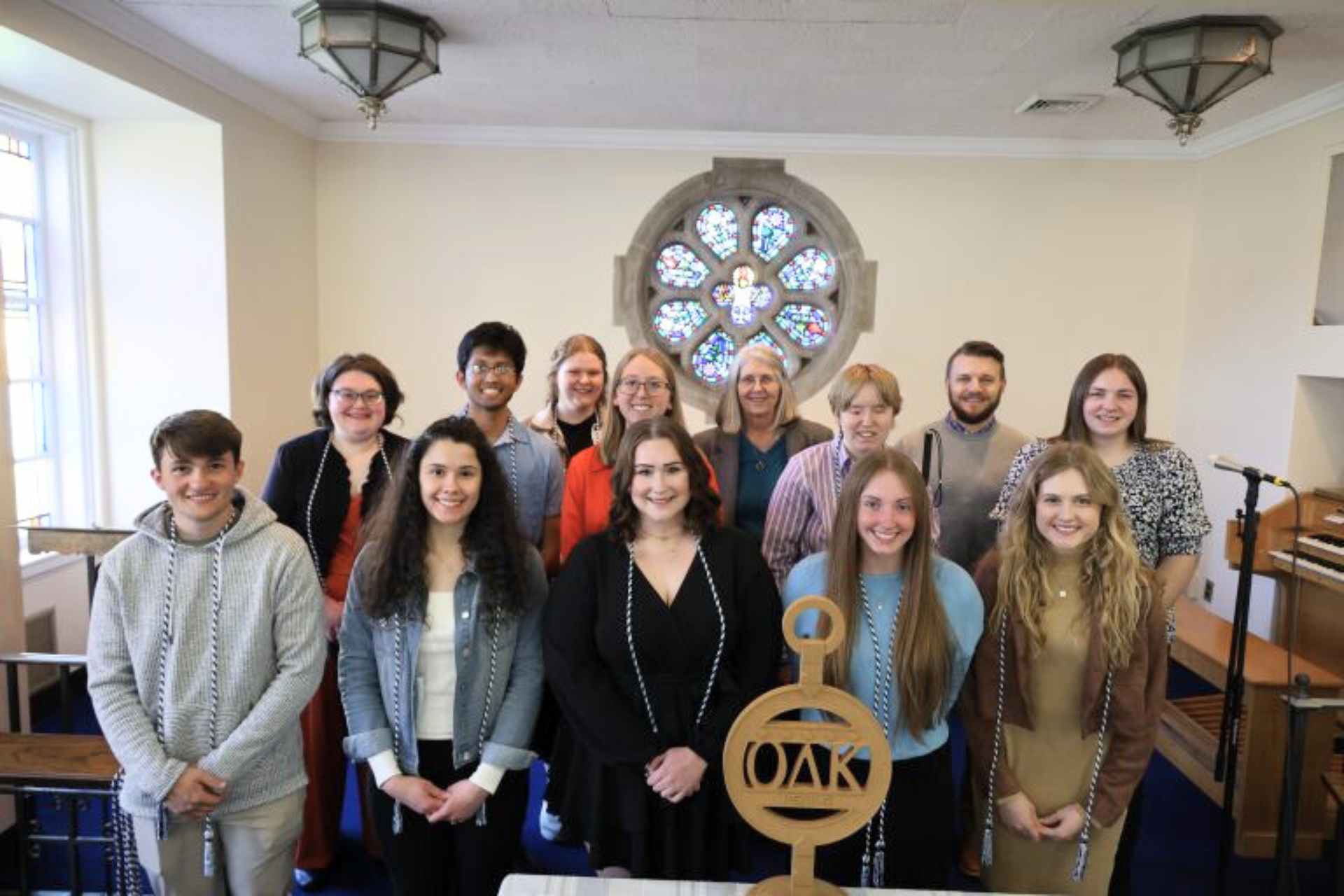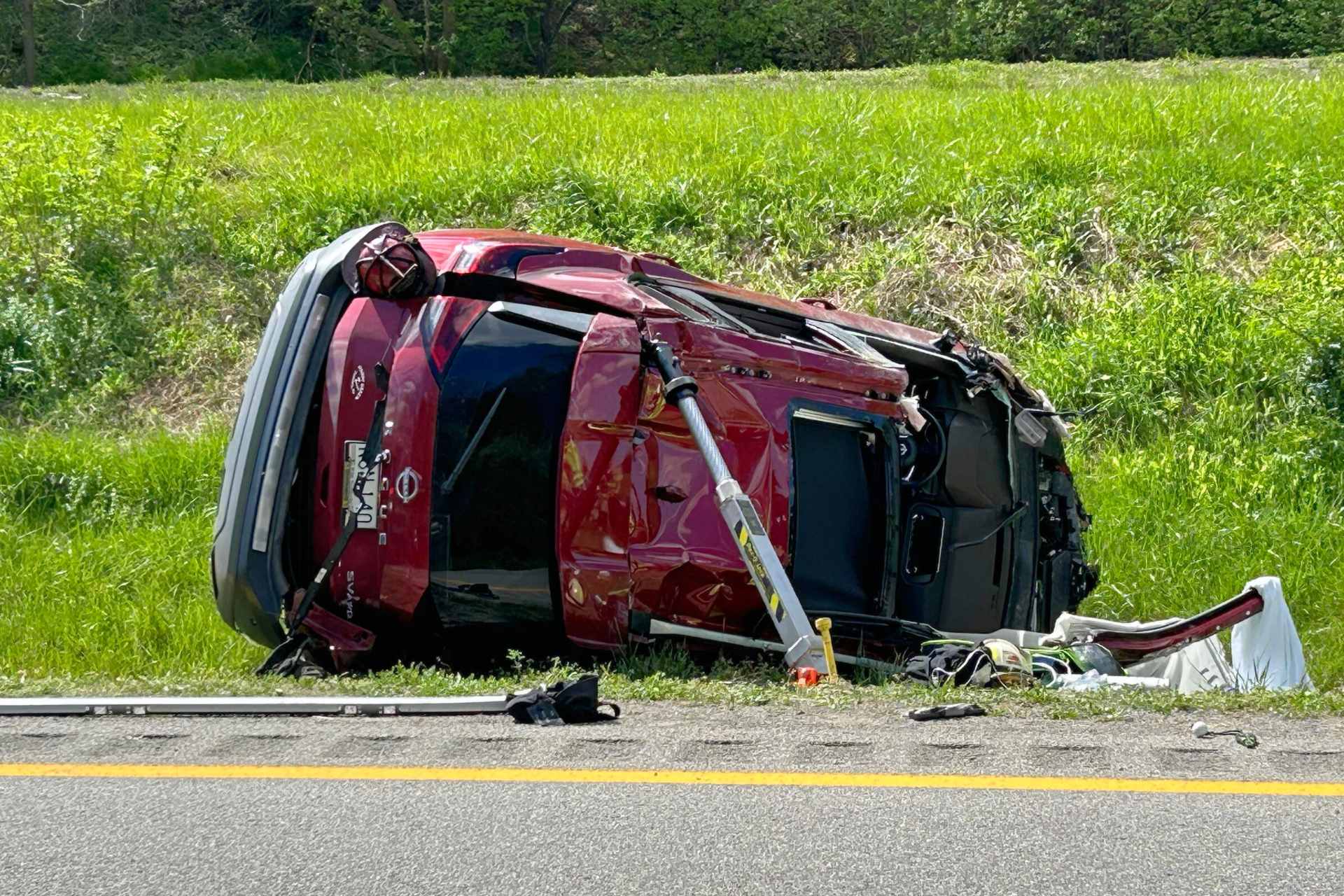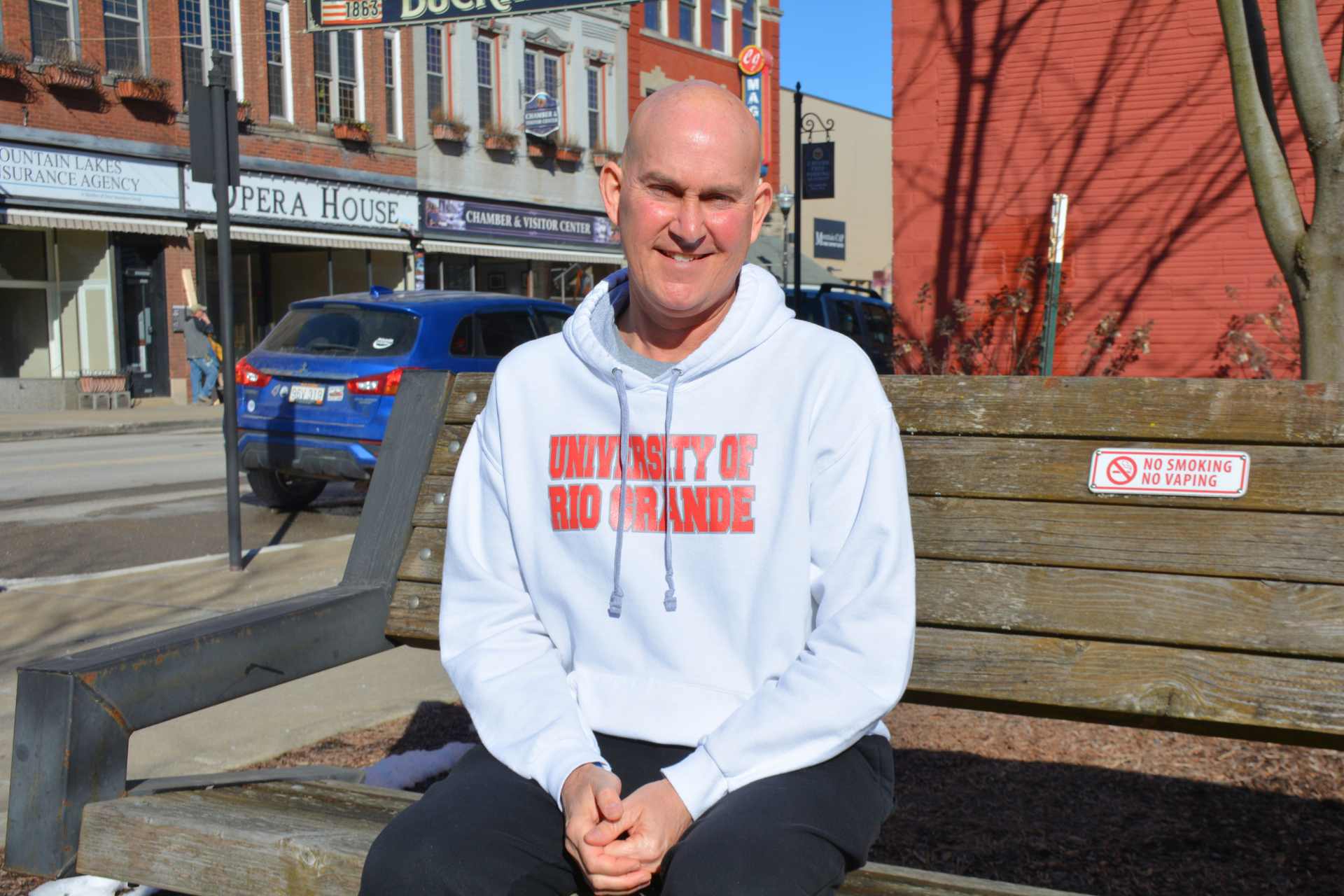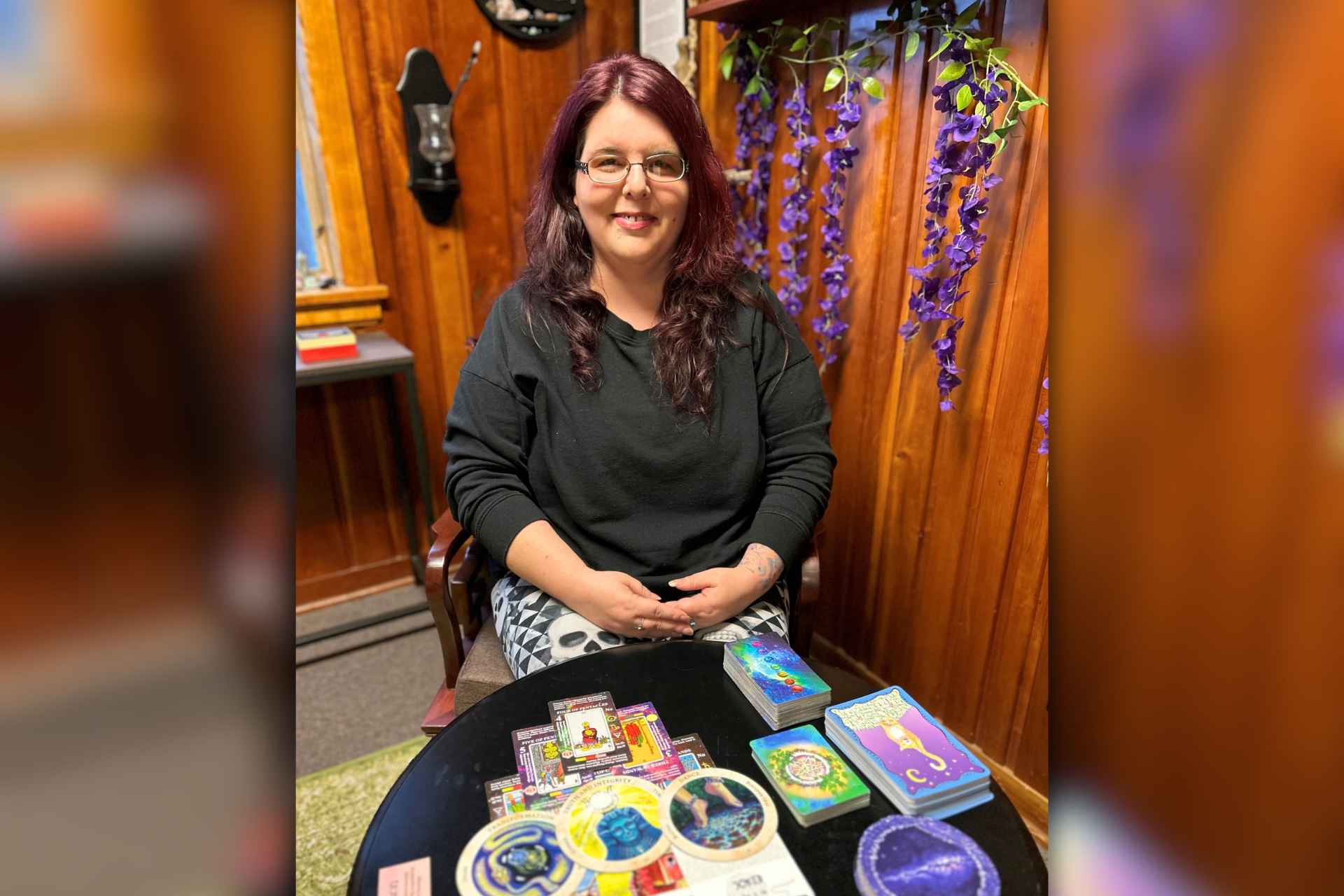CHARLESTON – A state Senate bill that would allow the City of Buckhannon to begin collecting municipal sales in July 2019 rather than in January 2020 has cleared another hurdle in the West Virginia Legislature.
City attorney Tom O’Neill told My Buckhannon Monday night that Senate Bill 535 – which would allow the city to begin collecting a 1 percent sales, service and use tax on products or goods sold within city limits six months sooner than anticipated – had been approved by the House of Delegates’ Finance Committee.
O’Neill said he’s optimistic about the bill’s chances of passing the House, which could happen late this week.
“I think it has a very good chance on the House floor and has drawn a great deal of support from the House leadership,” O’Neill said. “We are very grateful for the time and attention that both the House and Senate leadership have given this bill.”
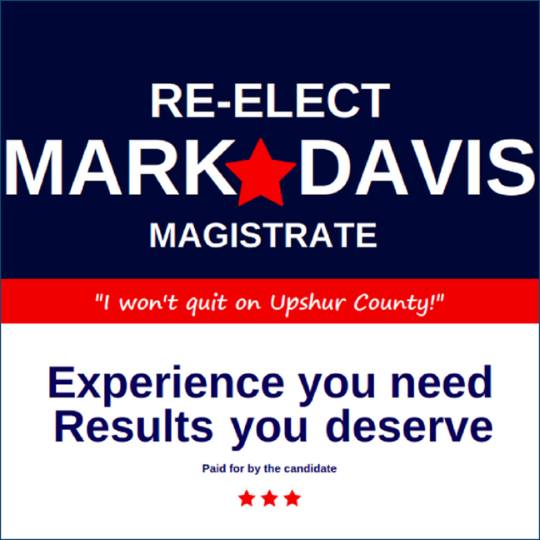
The city attorney said he anticipates the first reading of the bill will occur either Tuesday or Wednesday, which should put it on track for possible passage Thursday or Friday.
Sen. Bill Hamilton, R-Upshur, collaborated with city officials on the initiative and ultimately sponsored the bill.
When implemented, the 1 percent sales tax is expected to reel in about $1 million annually in additional revenue, which city officials say is desperately needed to maintain and repair infrastructure; enhance parks and recreational opportunities; undertake much-needed storm sewer projects; and enhance/expand artistic and cultural opportunities for youth and adults in the Buckhannon-Upshur community.
Although city finance and administrative director Amberle Jenkins crafted Buckhannon’s general fund 2019-2020 fiscal year budget without the revenue that would be realized from imposition of the tax, city officials have been hoping the bill would fare well.
If passed, the legislation, which was sponsored by Sen. Bill Hamilton, R-Upshur, would mean an additional $500,000 could be factored into the 2019-2020 fiscal year budget.
When Buckhannon City Council passed the ordinance that implemented the tax last month, they were told by the W.Va. State Tax Commissioner’s Office that the city couldn’t begin collecting tax until Jan. 1, 2020 because 180 days must pass between the time the effectuating ordinance is approved and the date a municipality starts collecting the tax.
Moreover, the only two dates the state allows cities to begin collecting the tax is Jan. 1 and July 1, which meant the next feasible start date was Jan. 1, 2020.
City officials initially believed they could begin collecting the tax in July 2019, but a wrench was thrown into that plan when the W.Va. Municipal Home Rule Board – which must approve the tax as an amendment to the city’s Home Rule Plan – did not convene in October 2018 as planned.
Read more about why Buckhannon turned to Hamilton and the state Legislature for help here.
